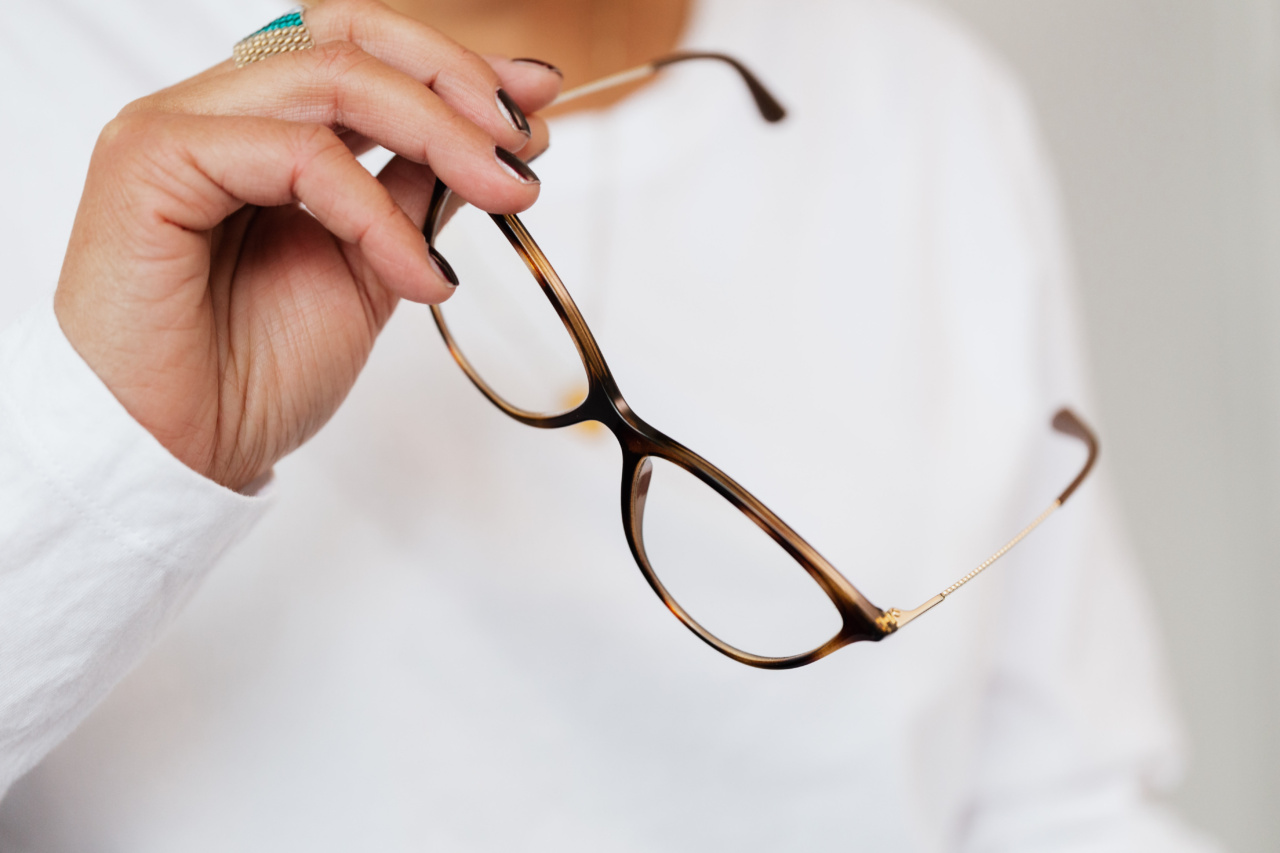Our eyes are one of the most important sensory organs, essential for our daily functioning and experiencing the world around us. However, many people tend to take their vision for granted until they experience a problem.
Regular eye care is crucial for maintaining good eye health and preserving our precious sense of sight. In this article, we will explore the importance of routine eye care and how it can protect your vision.
1. Prevention and Early Detection of Eye Conditions
One of the main reasons to prioritize routine eye care is the potential to prevent or detect eye conditions at an early stage.
Many eye diseases, such as glaucoma, cataracts, and age-related macular degeneration, do not present noticeable symptoms in their early stages. Regular eye exams can help identify these conditions before they worsen, allowing for early intervention and treatment.
For instance, glaucoma is often referred to as the “silent thief of sight” as it gradually damages the optic nerve without causing noticeable symptoms until significant vision loss occurs.
However, through regular eye exams, an eye care professional can measure the pressure inside your eyes and detect glaucoma at an early stage, enabling proactive treatment to preserve your vision.
2. Detection of Systemic Health Conditions
An eye examination doesn’t just assess your visual health; it can also provide valuable insights into your overall health.
Several systemic health conditions, such as high blood pressure, diabetes, and even certain cancers, can manifest signs in the eyes.
During a comprehensive eye exam, the eye care professional can evaluate the blood vessels in the retina, which may reveal signs of high blood pressure or diabetes.
These early indicators can prompt further medical evaluation, leading to early diagnosis and proper management of underlying health conditions.
3. Correction of Refractive Errors
Refractive errors, including nearsightedness, farsightedness, and astigmatism, are common vision problems that can significantly impact your daily life.
Routine eye care ensures that your prescription for corrective lenses, such as glasses or contact lenses, stays up to date.
When your prescription is accurate, you can enjoy clear and comfortable vision, reducing eye strain and fatigue. Uncorrected refractive errors can cause headaches, difficulty reading, and may even affect your performance at work or school.
Regular eye exams help identify any changes in your vision, enabling timely adjustments to your eyewear prescription.
4. Monitoring and Managing Existing Eye Conditions
If you already have an eye condition, such as glaucoma or diabetic retinopathy, routine eye care is essential for monitoring and managing the progression of the disease.
Regular check-ups allow your eye care professional to assess the effectiveness of treatment plans, make necessary modifications, and ensure that your condition is controlled to prevent further vision loss.
Ongoing management of eye conditions may involve prescribed medications, regular eye drops, or lifestyle modifications.
Staying committed to routine eye care appointments ensures that your treatment remains optimal and any necessary adjustments are made promptly.
5. Children’s Vision and Development
Routine eye care is equally important for children. Early detection of potential vision problems is crucial for proper visual development and academic performance.
Children may not always express or recognize vision issues, so regular eye exams can help identify any concerns.
Conditions like amblyopia (lazy eye) or strabismus (crossed eyes) are best diagnosed and treated early for better outcomes.
Timely intervention can ensure that a child’s visual system develops correctly, allowing them to excel in academics, sports, and other activities.
6. Personalized Eye Care
Each person’s eyes are unique, and routine eye care allows for personalized attention and treatment. By establishing a relationship with an eye care professional, your specific needs and concerns can be addressed more effectively.
An eye care professional can understand your lifestyle, occupation, and hobbies to recommend tailored eye care strategies.
Whether you need specialized lenses for computer use, protective eyewear for sports, or guidance on managing digital eye strain, routine eye care ensures that you receive individualized care to meet your visual requirements.
7. Optimal Overall Eye Health
Regular eye exams are not just about detecting and managing eye conditions; they also contribute to maintaining optimal overall eye health.
During an eye exam, the eye care professional can assess various aspects of your eye health, including the cornea, lens, and the outer and inner structures.
By monitoring the general health of your eyes, potential issues like dry eyes, eye allergies, or infections can be identified and addressed promptly.
Early intervention can prevent complications and discomfort, promoting long-term eye health and preventing permanent damage.
8. Aging and Vision Changes
As we age, our eyes undergo natural changes. Presbyopia, a condition where the ability to focus on close objects declines, is a common age-related change.
Routine eye care allows for the timely management of these changes, ensuring you continue to have clear vision and adapt to your evolving visual needs.
In addition to presbyopia, age-related eye conditions like cataracts and macular degeneration become more prevalent as we grow older.
Regular eye exams ensure that these conditions are detected early, enabling appropriate treatment options to be explored.
9. Promoting Eye Safety
Regular eye care appointments go beyond eye health maintenance; they also promote eye safety. Eye injuries can occur in various environments, including the workplace, sports fields, and even at home.
At routine eye exams, eye care professionals can educate patients about eye safety measures, recommend appropriate protective eyewear, and discuss potential risks associated with specific activities.
By being proactive and educated about eye safety, you can minimize the risk of eye injuries and safeguard your vision in different settings.
10. Role in Overall Well-being
While routine eye care primarily focuses on vision, it also contributes to your overall well-being and quality of life. Clear vision allows you to engage fully in activities you enjoy, enhances your independence, and helps maintain social connections.
By prioritizing regular eye exams, you invest in your overall health and ensure that your vision remains an invaluable asset.


























